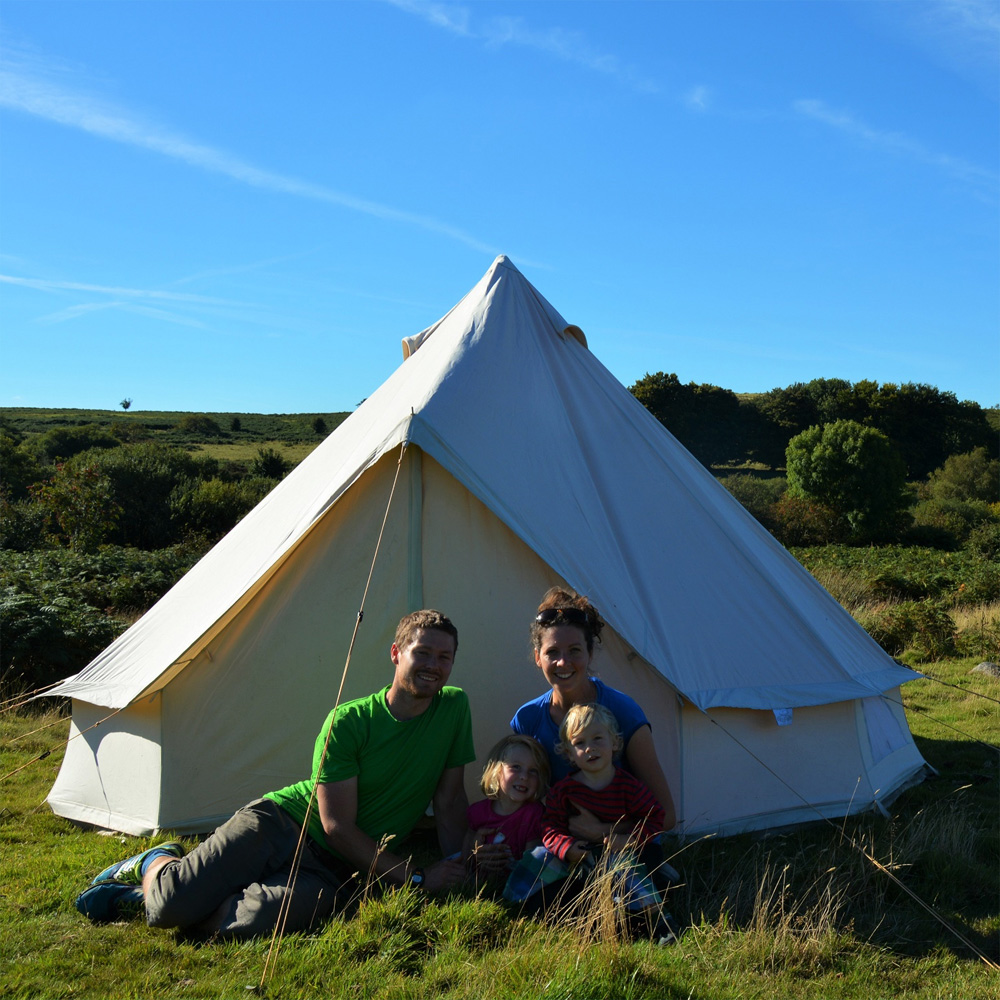Why take kids camping? Our many good reasons
There are loads of great reasons to take kids camping, whether you’re spending a week under canvas or mountain bound with a backpacking tent and a young adventure buddy...
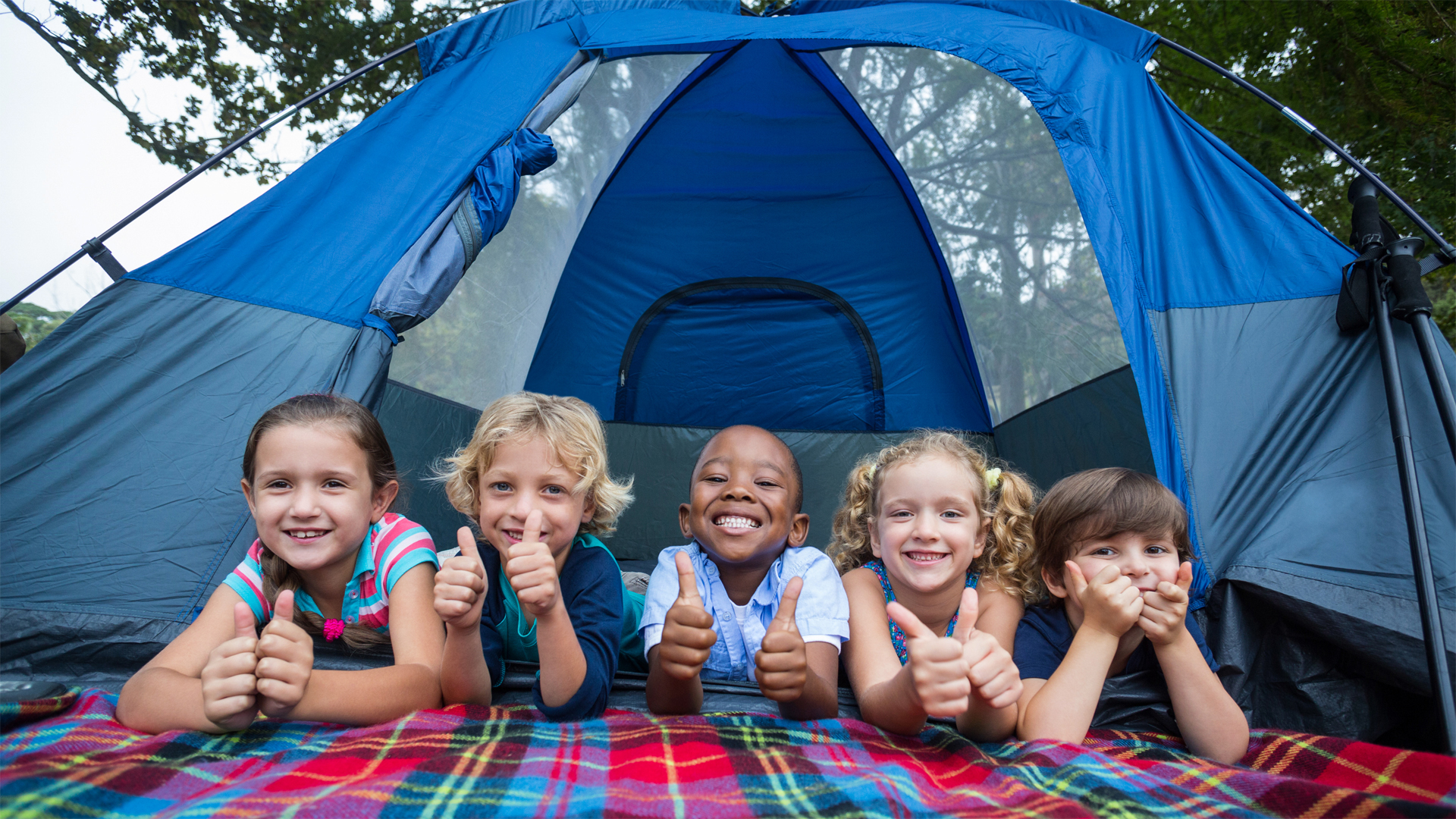
All the latest inspiration, tips and guides to help you plan your next Advnture!
You are now subscribed
Your newsletter sign-up was successful
Why take kids camping? On one hand, it's a budget vacation, without the cost of rented accommodation or hotels. On the other hand, it has the potential to be a lot more effort – and we know that looking after your tribe can be hard work as it is.
However, camping with kids is much more than just a cheap trip away, it's a chance to form closer bonds through real experiences. Memories can be made that'll last a lifetime and you'll witness your kids seemingly grow a few inches, figuratively at least. The mental and physical health benefits, for both parents and kids, of time spent in the great outdoors are massive.
Yes, planning a camping trip can be daunting, but we're here with some excellent reasons to put all that to one side, pack the family tent and embrace the family camping trip. To help you with the planning, here's our carefully considered camping checklist.
Meet the experts
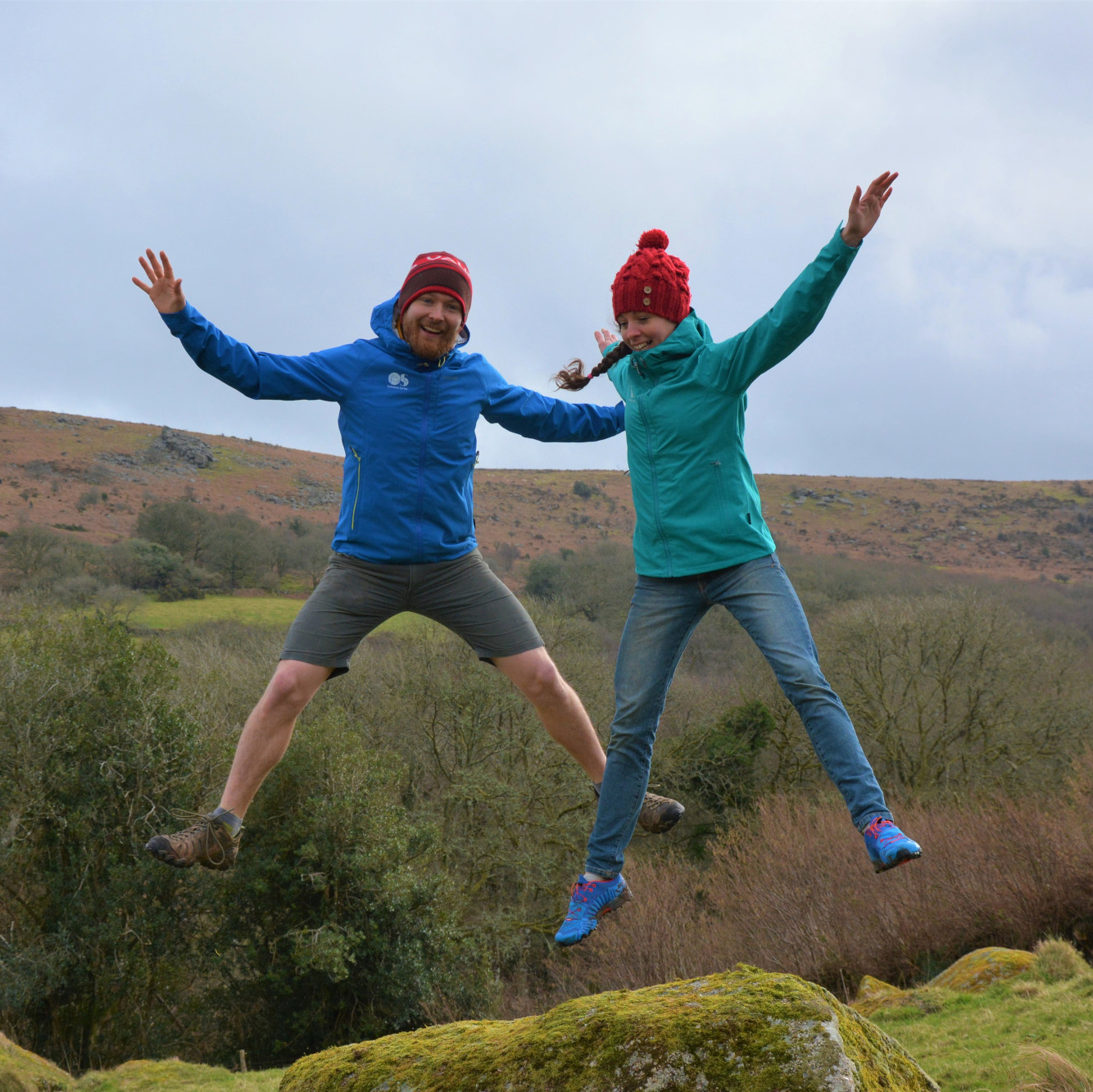
Jen and Sim met over 15 years ago through their mutual love of the great outdoors. Their adventurous escapades have taken them around the world, though they love little more than heading out on camping trips with their children.
Today's best deals
It’s completely different to normal life
- Camping is much more of a novelty than staying in a guesthouse or similar
- It gives parents and kids the opportunity to enjoy simple pleasures
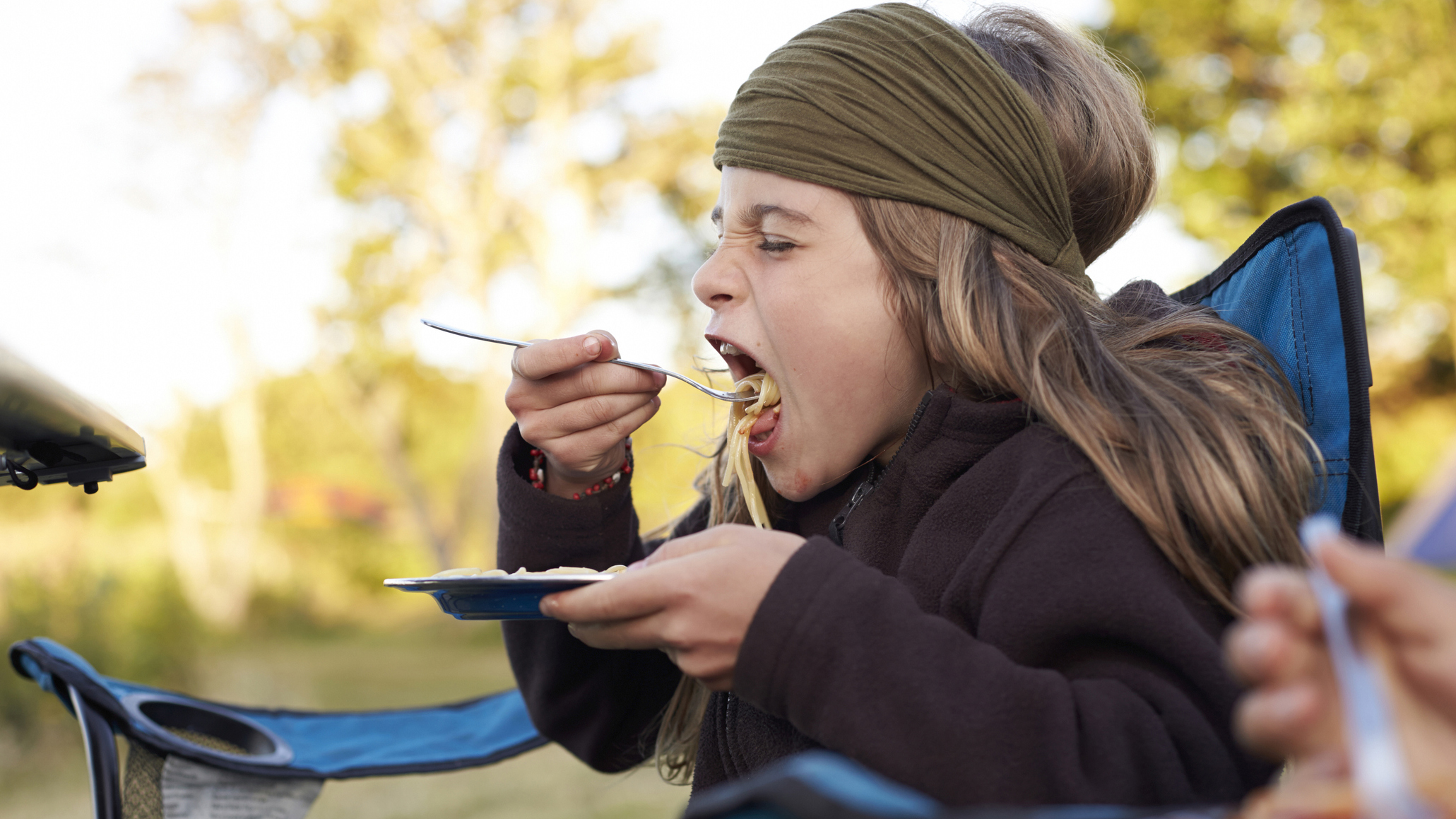
Heading off for a week in a holiday cottage is a nice break, but you’re still basically living in the same way as you do at home. Tent life, on the other hand, is totally different – and much more exciting as a result. Far away from the distractions of modern life, camping gives us all a chance to escape, and rediscover simple pleasures. From reading and playing eye-spy to watching the sunlight dancing on the canvas, it’s amazing how little we really need to keep us entertained when we’re immersed in the natural world.
It tunes them in to nature
- Camping immerses kids in the sounds of the natural world
- Children can have fun learning and identifying the different sounds
- The reduction in artificial light means that kids tend to sleep better too
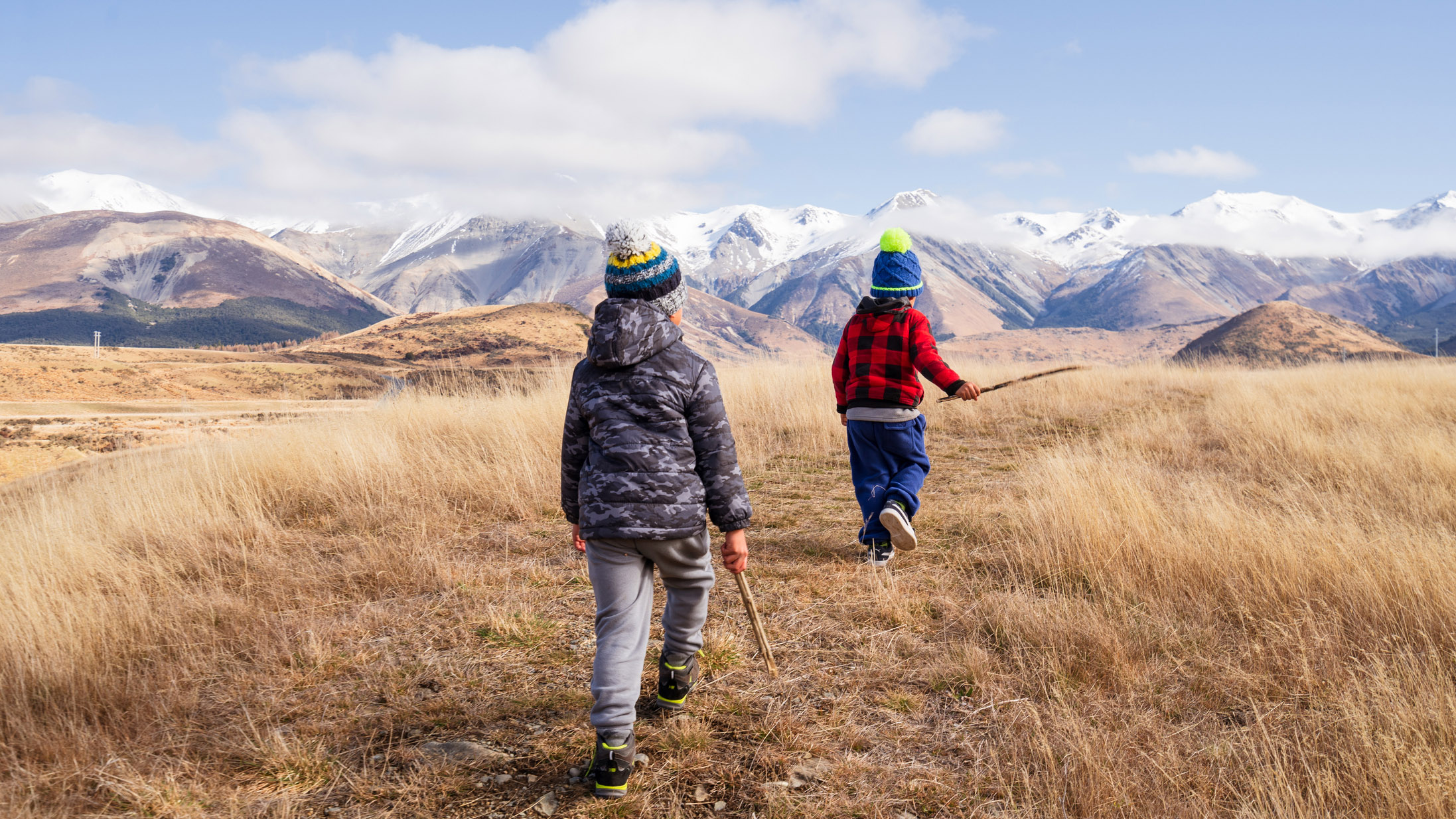
It’s impossible to ignore the incredible sounds of nature when you’re camping. Daytimes are filled with the busy chatter of songbirds, the elusive rattle of grasshoppers, and the wild cries of buzzards overhead. As the light fades and the nightshift begins, let the haunting calls of tawny owls, the leafy rustles of nocturnal creatures, and the soft sigh of the wind in the trees to lull you to sleep. Learning to identify these different sounds is an important skill for children; see if you can help them name a few to get them listening even more closely.
Another benefit of tent life is the reduction in artificial light, meaning we’re more able to follow the natural rhythms of night and day. Our children invariably sleep best under canvas.
They can build their own house
- Kids love getting involved in and taking ownership of tent setup
- They also love mucking in with the cooking and other tasks
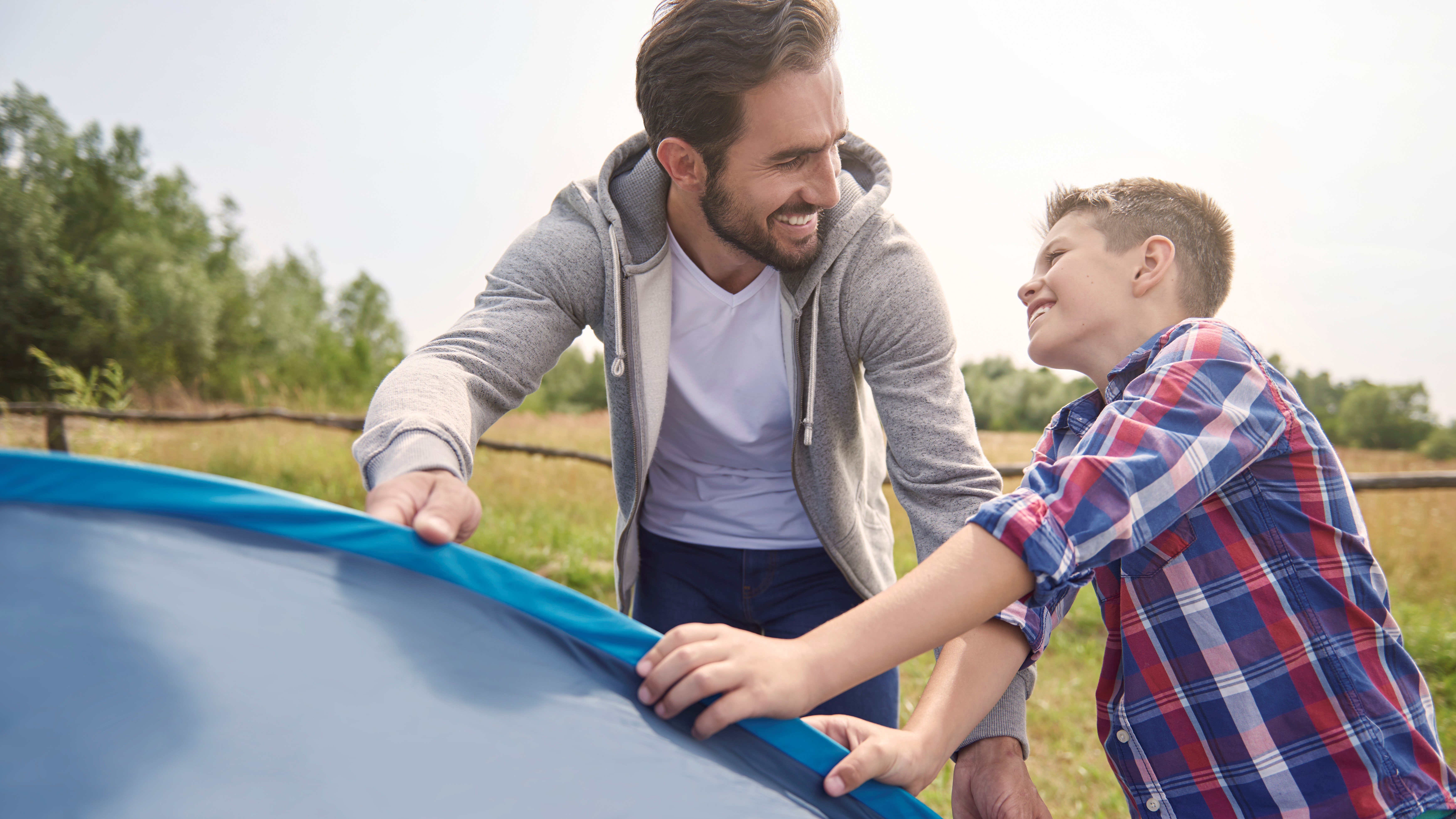
Kids love helping with setting up camp. Ours get involved with laying out the groundsheet, clipping the tent poles together and handing out tent pegs. They each have their own sleeping bag and sleeping pad so they can arrange their bedroom just as they want it – within reason! Children can also get involved with other aspects of tent living such as helping to prepare meals. Even if they’re not old enough to cook it themselves, food is infinitely more exciting when it’s been cooked on a camping stove.
All the latest inspiration, tips and guides to help you plan your next Advnture!
There’s something for everyone
- Campsites are great places for kids to make friends and play
- Entertained kids equals a little downtime for adults
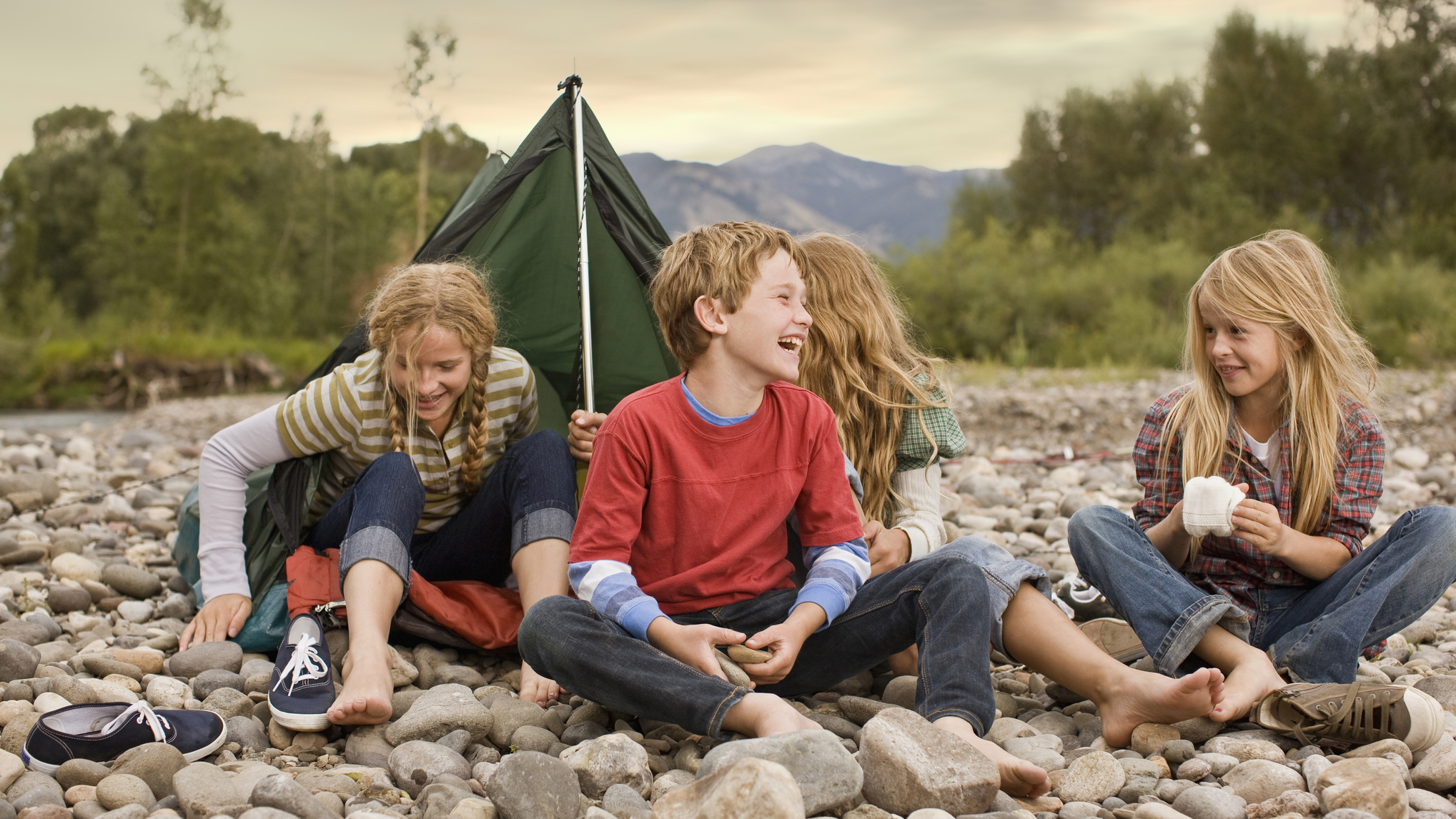
If your child enjoys being sociable, campsites are excellent places to meet other kids for lots of active outdoor fun. Some sites have playgrounds, but it’s often those with big, grassy areas where children can congregate and make up their own games that work best. Many campsites have designated areas for families and quieter campers, meaning those children (and grown-ups) that prefer a more peaceful experience can enjoy camping too.
Every day is an adventure
- From climbing to spotting animals, camping is an adventure
- From your camp spot you can head out on all kinds of adventures
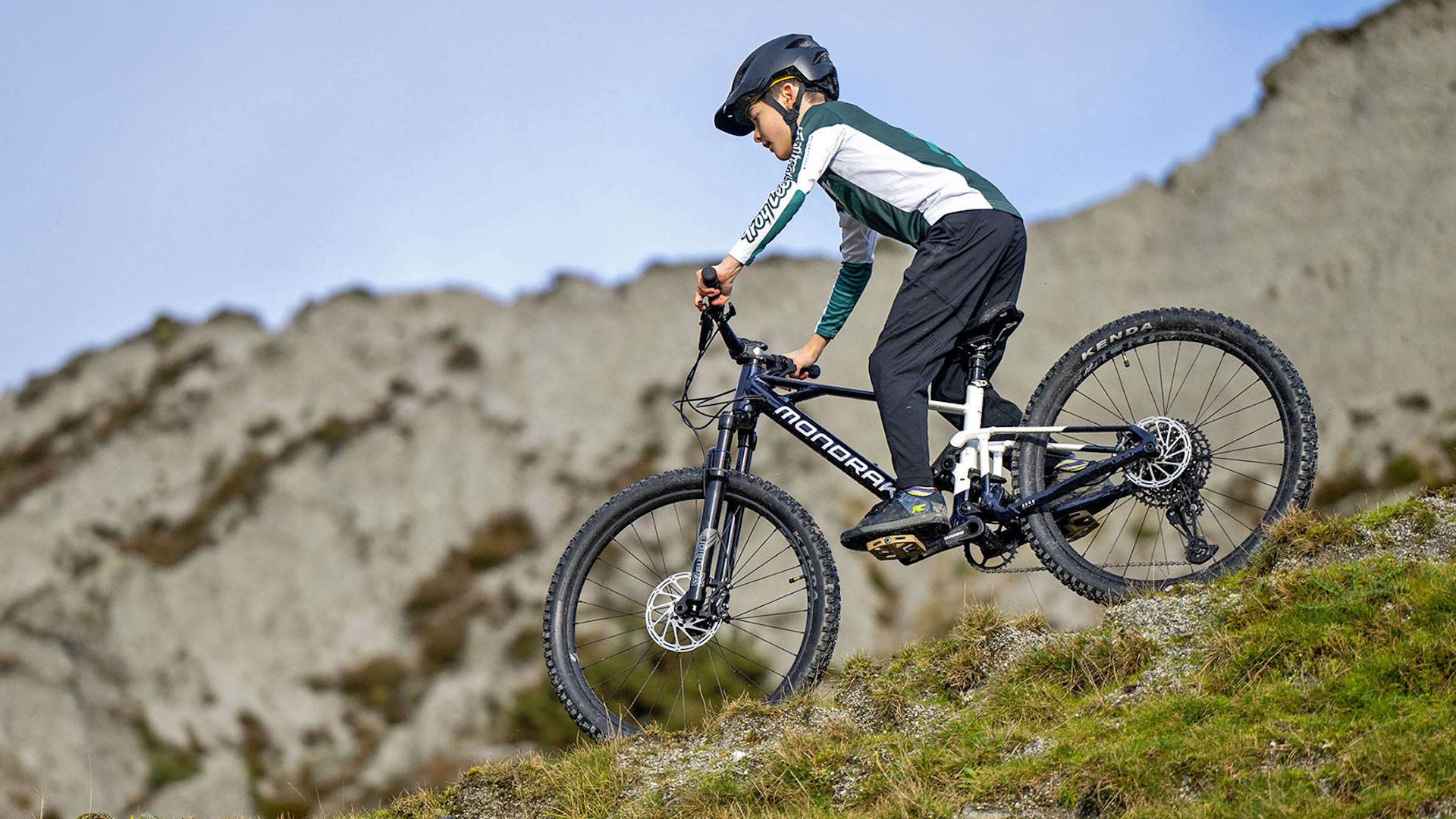
Camping in wilder places puts you right in the middle of the action when it comes to outdoor adventures – and the choices are endless. Try finding some nearby trees to climb; head into the woods with your best binoculars to track wild animals; spend the day rockpooling and sandcastling on the beach; go wild swimming, kayaking or gorge scrambling; or just head out for a really long walk and come back ready to cook up a campfire supper.
However you choose to make it your own, camping together makes amazing shared memories that you can look back on for years to come.
Award-winning outdoor adventure writers and photographers, Jen and Sim are the authors of eight books, including The Adventurer’s Guide to Britain, Amazing Family Adventures and the forthcoming 100 Great Walks with Kids, which will be published in March 2021. In 2015 they spent a year living under canvas, exploring Britain’s wild places with their two young children. Find out more at Adventure Places.
